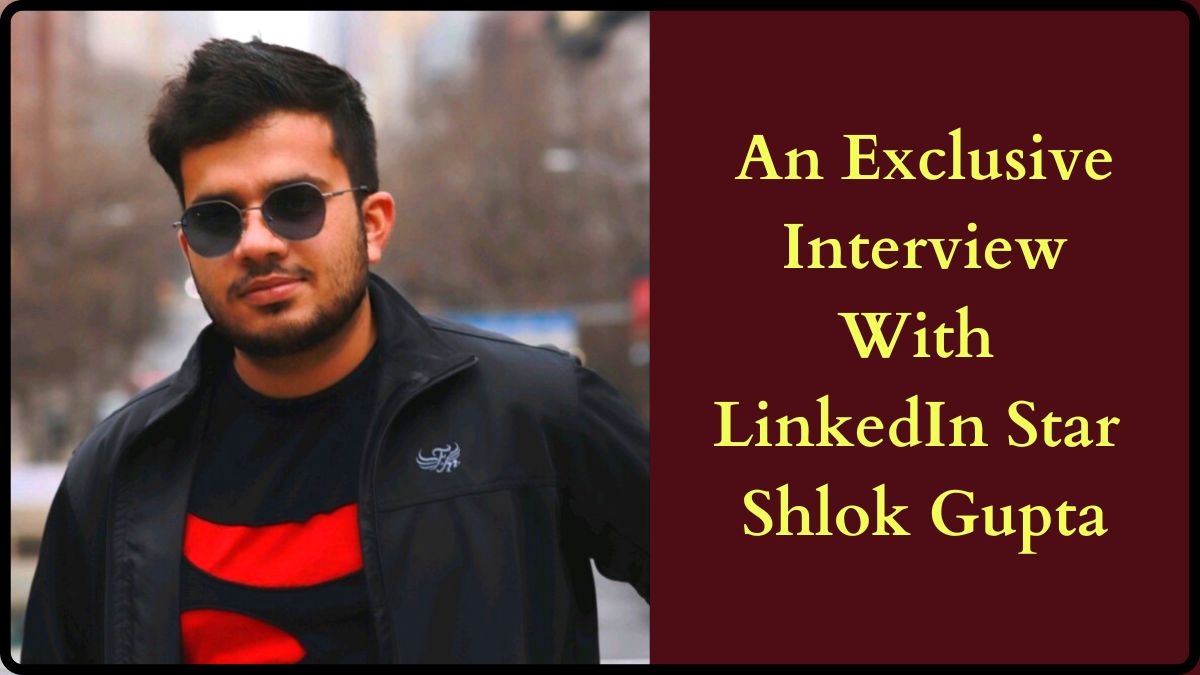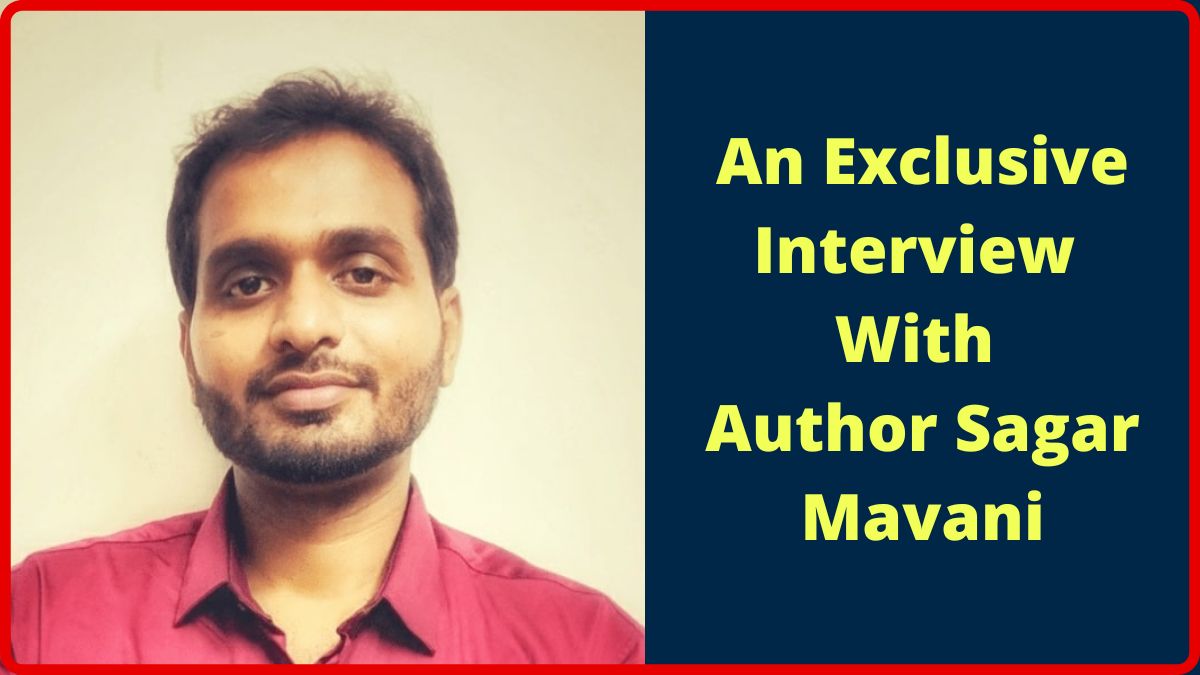An Exclusive Interview With the Author Nuranis Ravi
Mr. Nuranis Ravi, the man of many talents and enormous skills spared some time for this exclusive chitchat with The CheckerNews. After a successful professional journey in India and Abroad in both the public and private sectors, Nuranis Ravi is now rapidly advancing towards his literary voyage with several fans worldwide.
Nuranis has already penned three highly interesting books; “Different Shades of Women”, Khan Vs Kahn Vs Kanh and Those Were the Days. He also disclosed that three more novels are ready to hit the bookstores soon.
Here are the Excerpts;
Describe your journey from a senior official to a litterateur.
I always loved to write, and this was fine-tuned courtesy my first reporting officer who was a master in the art of preparing project reports, agendas and minutes. It was a matter of time before I inherited his work, and corporate demands made it obligatory for two things – language had to be simple and one had to be very observant about who said what in a meeting. That has been something, which I have used to the hilt all through my career and is reflected in my writing.
During my last posting, I had the opportunity to interact with a large group of young engineers and managers who were part of my team. We used to interact practically every day in small groups since avenues for other recreational activities were limited.

My interactions with the youngsters made me decide to write about what all changes had taken place in our country over the last fifty years since I felt that most of them were not aware of what all had happened in our country. Not many knew that till mid-sixties we used to import and even get food grains as free grants until a brilliant Indian scientist called MS Swami Nathan ushered in green revolution transforming India into an exporter.
Another scientist called Kurien ushered in milk revolution. I have personally drunk milk provided free by the US under their PL 480 program during my school days. No one knows that a telephone connection took 10 years to materialise or that Bajaj scooter had a five year waiting time. It was an era of shortages.
Also Read: An Exclusive Interview with the Celebrity Chef Sanjeev Kapoor
From that era to present times, where we are not having shortages is a big development. No one talks about these for whatever may be the reason. That was when writing my first book, a non-fiction called – Those Were the Days, took shape. My first book made me realise that writing was something, which I could focus on once I stopped working since I was enjoying the satisfaction I was getting.
You have rich experience in working with several firms in India and abroad, tell me something about your work experiences with them.
I have been blessed in the work front as I started my career with private sector and after nearly a decade followed it up with ten years in public sector before returning to private sector. I also have tried my hand to branch out independently before deciding it was not my cup of tea.

My work has taken me to various parts of this country besides giving me an opportunity to live and work in Europe and Africa. All my employers were good to me and I benefited a lot by being associated with each of them.
I started with USHA and had the chance to interact with a top Indian Industrialist at the young age of 22 years. I was given free hand by my next employer and was able to indulge myself in some marketing activity like product introduction. My tenure with public sector took me to many countries to organize exhibitions for Indian jewelry to make them popular.
I was posted for four years in Paris, France, which gave me opportunity to learn a new language besides firsthand experience in working in European conditions. My tenure in public sector gave me opportunities to work with Indian missions in various countries besides participating in various trade shows with important departmental stores of Europe to promote Indian Handloom and handicraft products.
I then got an opportunity to work in Africa – courtesy my proficiency in French, with the UB group. I had to leave Africa due to internal strife in the country where I was posted. Then I tried to start my new business venture independently. Unfortunately, the results were not satisfactory and I again went back to Africa for taking care of a project for a public listed Indian company. That was my last assignment before I decided to call it a day and switch to writing.
Now, you are almost a full-fledged writer. Please throw a light on your future novels.
I have three novels in the pipeline if everything goes according to plan. One is ready and submitted to one publisher who is vetting it before deciding on way forward. It is my take on the famous Bombay Textile strike of 1980. If everything goes according to plan the book should be out next year.

My two other books are half way through but I would prefer not to talk about it now. I hope that one of them sees the printer next year itself.
Do you think India’s rich cultural legacy of “Vernacular Languages” is somewhere dying?
It is not only in India, but in other countries too, local languages are getting threatened due to crumbling international barriers which are being smashed by advanced technology. Some countries have tried to protect their languages with French being the best example but then French too is a well-entrenched international language.
The recent Japanese winner of Nobel Prize is the best example of proliferation of English. In the language front as also science and technology we are now charting unknown territories and it is difficult to fathom shape of things to come.
One special feature about Indian vernacular languages is their strong foundation since many of them are very old, older than many contemporary European languages and the influence of cinema in these languages.
Believe me; when I tell you that it is not literature but cinema, which has been protecting and helping vernacular languages. You will appreciate this better when you see that gradual acceptance of Hindi as a language in southern part of India where it was a taboo half a century ago. Government and its policy to promote Hindi did not break the resistance to Hindi, but Bollywood almost did it.
All the major South Indian (and Bengali) languages have a vibrant film industry which will ensure that those languages are never threatened. I personally feel that the rich cultural heritages of these languages are hence reasonably protected. But yes those languages which do not have film support are going to find it difficult. And again we should not forget that there are many- many languages in our country.
Is it important to learn English in order to survive and lead a happy decent life anywhere in urban India?
When you say survive the answer is a big capital NO. But if you want to ‘Grow’ anywhere in this country without being bothered about acceptability then knowledge of English is an asset. English is a boon for an Indian not only within the country but outside the country too. I firmly believe that a major reason for our success in the IT business is the proficiency an average Indian has over English compared to people in many other countries.
After having been under the British Raj for 250 years it is foolish for us to think of English as a foreign language and feel ashamed. For me, it is now as much an Indian language as any other local Indian language.
What are your expectations from Indian leaders? Which are the three core areas that they must look into?
I would love to see our leaders to look at Health, Education and Population Growth with more focus. Both health and education areas are now so much interfered with and privatized that sincerity and quality are totally forgotten. A teacher and doctor besides police and defense force should be the highest paid employment so that best talent comes in and does wonders for the country.
Private players should be totally removed from these two fields. Education has suffered so much due to continued interference and slip shod policy of government. I passed out of school nearly fifty years ago. At that time we had some students in the country doing higher secondary and some Matric. When I passed out in Delhi at least they decided to have board exams for 8 th class. This did not last long. Somewhere along the line schooling became for 12 years as against 11 years when I was a student. Few years back they scrapped board exams for 10th. This has been reintroduced. They changed undergraduate course in the non-science stream to 4 years and introduced semester system only to scrap it after one year.
No other country in the world must have tampered with education the way we have allowed our politicians to do. Then when you look at the curriculum an Indian student must be the only one anywhere in the world who does not have to learn his country’s history and constitution. We are obsessed with producing future engineers and scientists that when they do come off the educational assembly line of ours we have people who do not know their own country’s richness.
Health is another area totally neglected. If after 70 years we are still talking about toilets for every household and its effect on health you can imagine our neglect of this important field. Free medical has to be the ultimate aim so that no doctor asks who the medical insurance provider is. Doctors should not become businesspersons as they have become now, having to generate bed occupancy for hospitals, they are attached.
Politics and religion is clouding threats of population. We just cannot afford this growth since resources required to take care of such a large population is scarce. Our growth is marginalized by increasing population.
How can India become a Superpower in Reality?
We are a superpower due to our size of population and huge scientific base. We have to understand and realise it. The pretension and feeling that it is not good to aspire to be a super power by some of our past leaders has hurt us more than benefit. We have started on this path of redressal from 1990s and fortunately irrespective of party in power there has been no wavering. I am sure from 2020 we will be accepted openly by other countries as a super power.
Mention some tips to become a good writer in English.
Only one tip – as far as I am concerned. If someone wants to be a good writer, be a good and ardent reader in the first place. It is reading which will help you sharpen your writing skills.
Why Indian writers don’t win Nobel Prize in Literature?
When you compete for Nobel Prize it is an international competition and let us understand that just as Indian authors there must be equally good writers in other countries and languages too.
Tell me why we all are worried about Nobel Prize? How many have heard of Jnanpith award? And also how many really great authors have become known in India itself? Ask a school kid, he would not even know Munshi Premchand today?
Some of the best English authors never won the Nobel Prize. So winning the prize is not the only index to be used for measuring the writing skill and greatness of the author.
I also hold the view that Nobel Prize is not fool proof. If they can ignore Mahatma Gandhi but give peace prize to Arafat or Kissinger, it shows that there is more to selection than pure merit.
These days, writing fad is quite common. Everybody is writing on something somewhere. Comment.
Your question contains the answer by using the word Fad. Fad cannot be explained. Still one must concede that writing has become easier when you take into consideration the aids we have today compared to past. The computer has made life of a writer easy by 95 percent. No retyping – such a boon. And when you add the cut and paste function along with built in dictionary, auto correct, what more can you ask for?
I must also add that today’s youngster has become bolder than the previous generations in being ready to do things and face the challenges one has to overcome in achieving the objective. Parents too are supportive. Just compare aspiring cricketers today after the money burst in the sport as compared to past when games lost out to studies.
Finally, Mr. Nuranis Ravi, How You Visualize “India of your dreams”. Elucidate Please.
India of my dreams is a place where there will be sincerity, honesty and no small time corruption. Big time corruption is unavoidable and involves politicians – as one is seeing every day in all countries irrespective of their level of development.
In my India – good health and education policy should be available for every citizen. There should be acceptance and understanding of social responsibility by everyone towards our fellow fellow citizens and society. I dream of an India, where people should be happy, grateful and proud that they are born in this country.

It was such a lovely interaction with the intellectual and ever smiling Nuranis Ravi. Youngsters will surely learn a lot of things from your inspiring persona and straightforward talk with cent percent honesty and pragmatism.
Team CheckerNews Wishes all of you *A Very Happy and Prosperous Diwali*.






Mr.Nuranis Ravi,
Got an insight into your journey as a writer and your thought process. I am glad to have you as my friend. The best answer is about the Nobel prize thing.
I second your thought– Why are we so obsessed by foreign recognition??
All the best for all your novels.
Meena Mishra
Ravi, well articulated views. I had read your earlier two books, soon will be reading your latest book. Good points about education and health being made to all free will help to a great extent in development. Well said, why do we need foreign countries approval, we can on our own set an example to the world if we are sincere and corruption free at lower levels.
A well managed, exaustive interview addressing the concerns and airing the views on important topics.
Mr. Ravi ji , He always reserve to certain thinks . More over he observe a lot from society. He is really know about nature in world what happens. I thanks to God that I have got chance to work under him very closely for 1 1/2 year in Gabon.